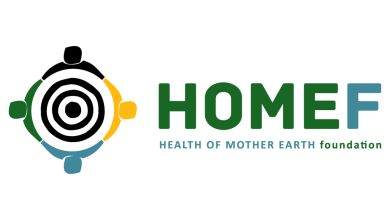Nigeria sets standards for GMOs regulation in Africa

National Biosafety Management Agency’s (NBMA’s) director-general, Rufus Ebegba, says Nigeria sets standards for Africa in regulating genetically modified organisms (GMOs).
Mr. Ebegba, speaking in Abuja while welcoming a team of regulators from Ghana’s Biosafety Management Authority who came to understudy NBMA’s success story in biosafety management, remarked: “The agency was not established to stop GMOs but rather to see that whatever results from the technology does not pose a threat to human health, environment, animals, and plants.“
According to Ebegba, GMOs in Nigeria are safe, stressing that the agency ensures that they are kept in a safe environment.
“The global economy today is driven by science and technology, and it is timely that Nigeria is keying into it by ensuring that safety measures are put in place for the deployment of the technology,” he stated.
“The government is so proactive to the establishment of NBMA, and by implication, the agency stands to prevent Nigeria from becoming a dumping ground for unregulated genetically modified organisms.”
Read Also: How PDP can regain power, by Yero
He also stressed that the collaboration among government agencies, departments, and ministries had been effective, especially in information and teamwork. Mr Ebegba expressed the need for Ghana to extend the scope of the regulatory framework to capture the new emerging technologies such as gene editing, gene drive, and synthetic biology, The Trumpet gathered.
Responding, Emmanuel Marfo, the chairman of Ghana’s Parliamentary Committee on Environment, Science and Technology, commended the activities of NBMA in Nigeria. “We have toured the facility and seen the activities and are happy with what we have seen,” said Mr Marfo.




